Weather changes bring with them challenges in the form of allergies and infections that may affect your baby’s health. Here are a few baby safety precautions during weather changes to keep your little one in fine health throughout the year.
How To Keep Your Baby Healthy in The Summer?
Summer comes with a lot of dryness and heat. Appropriate baby care tips for the summer season will help your little one beat the heat with no hassles.
1. Clothing
Dress your baby in cool, comfortable, and loose-fitting cotton clothes.
2. Precautions to take when the baby is out
- Avoid taking your baby out in the sun during hot summer days and use a hat and sunscreen when going out.
- Do not leave your baby in an enclosed pram for a long time, as it can get hot.
- Never leave your little one unsupervised in the car; not even for a short while.
3. Precautions to be taken at home
- Use lukewarm (not cold!) water to bathe or sponge your baby and give them an oil massage before the bath.
- Use an air-conditioner or a fan to keep the cool air circulating. However, don’t let the cool air blow directly on your baby.
- Keep the heat away by closing the curtains.
4. Other safe practices
Keep your baby well hydrated. Younger than six-month-old babies should be breastfed more often. Babies older than that should be offered small amounts of boiled and cooled water between or after breastfeeding. Adequately hydrated babies usually have about six to eight wet nappies a day.
How To Keep Your Baby Safe in The Rainy Season
Monsoons bring with them a myriad of illnesses such as diarrhoea and mosquito-borne diseases, malaria, and dengue. Here are a few baby health tips through this weather change.1. Clothing
- Dress your baby in loose, breathable cotton clothing that covers the whole body and keeps the mosquitoes away.
- Keep your baby's clothes dry as damp clothes can lead to fungal infections.
2. Precautions to take when the baby is out
- Use an insect repellent safe for children; however, do not apply it to a child’s mouth, eyes, hands, or irritated skin or cuts.
- Babies who have just started walking can wear waterproof shoes that don’t skid.
3. Precautions to be taken at home
- Use a mosquito net to prevent mosquito bites while your baby is sleeping.
- Change diapers frequently if your baby is pooping often or has a diaper rash.
- Keep your home and surroundings dry and clean to prevent mold and mosquito breeding.
- Use mesh on the windows or shut the windows and doors in the evening to keep the mosquitoes out.
- All family members should practice good hand hygiene.
4. Other safety precautions:
- Always give your baby boiled and cooled water to drink.
- If your baby is eating solid foods, offer clean and freshly prepared meals.
- Avoid feeding bottles as they are contaminated easily and spread infection.
- Continue to breastfeed, as failure to breastfeed may increase the severity of seasonal diarrhoea.
[Related - How To Introduce Solid Foods To Baby]
How To Take Care of Your Baby During The Winter
Here are some simple winter season tips in regards to baby care:1. Clothing
- Add one extra layer of clothing to your baby’s regular clothes. Use soft cotton and woollen clothes to allow the skin to breathe.
- Keep your baby dry and warm.
2. Precautions when you are out
- Limit your baby’s outdoor time in winter.
- While travelling, a soft-lined cardigan is better than a bulky coat.
- Use hats, warm boots and socks, and mittens or gloves to keep the body warm. Use a woolly hat that covers your baby’s ears and cheeks as an extra precaution.
- Take off the hat and extra clothing as soon as you get into a warm car or go back indoors.
3. Precautions to be taken at home
- You can give your baby an oil massage after bathing in the winter.
- Avoid blankets, pillows or loose bedding in the baby’s crib to prevent suffocation.
- Use a thin blanket in the crib that covers the baby only up to the chest and tuck it snugly under the mattress.
4. Other safe practices:
- Babies may catch a cold as virus exposure occurs more commonly in the winter. Before handling your baby, clean your hands with water and soap to prevent the spread of germs.
- If your child has a dry skin condition, keep your baby’s skin well moisturised.
According to the Indian Academy of Pediatrics, it is necessary that babies receive all immunizations as per schedule as vaccines improve immunity against several seasonal illnesses.
Taking baby safety precautions during weather changes is extremely important for their good health. Keep your baby away from sick people, and pay close attention to your baby as they are unable to express their discomfort in words. Your baby can stay healthy all year with proper care every season.
Any other questions regarding your little one? We have an answer to every question you have as parents. For more content like this, a glossary of age-appropriate activities, and a great milestone tracker on the go, get the BabyG App today!
References:
- NSW Government. Babies and children in the heat [2020].
- National Health Portal Government of India. Seasonal diarrhoea [2020].
- Indian Academy of Pediatrics, Mumbai Child care in monsoon [2021].
- Centers for disease control and prevention. Prevent mosquito bites [2020].
- Kid’s health. Diaper rash [2021].
- Cleveland Clinic. 15 simple winter safety tips for kids [2020].
- NCT. Top tips to keep your baby warm this winter [2020].
- Healthy Children Tips to keep kids warm all winter [2020].
- NHS. Reduce the risk of sudden infant risk syndrome [2021].



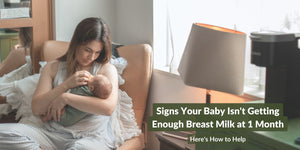
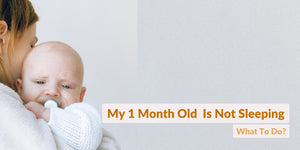
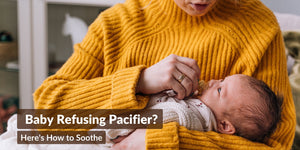
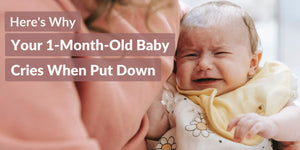
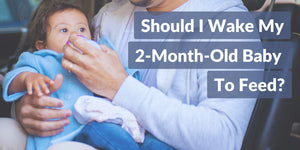
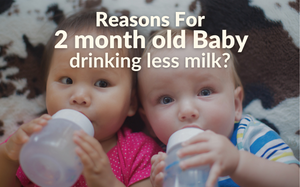
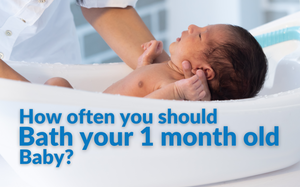
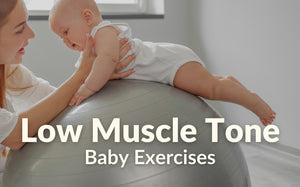
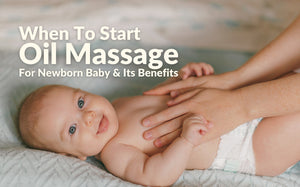

LEAVE A COMMENT